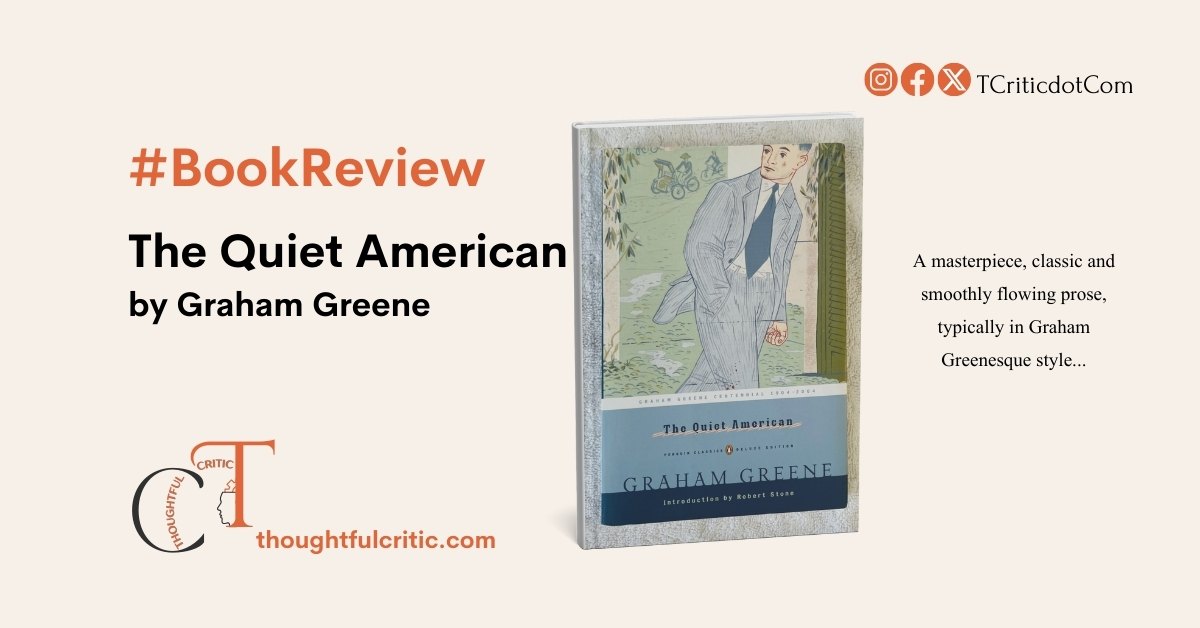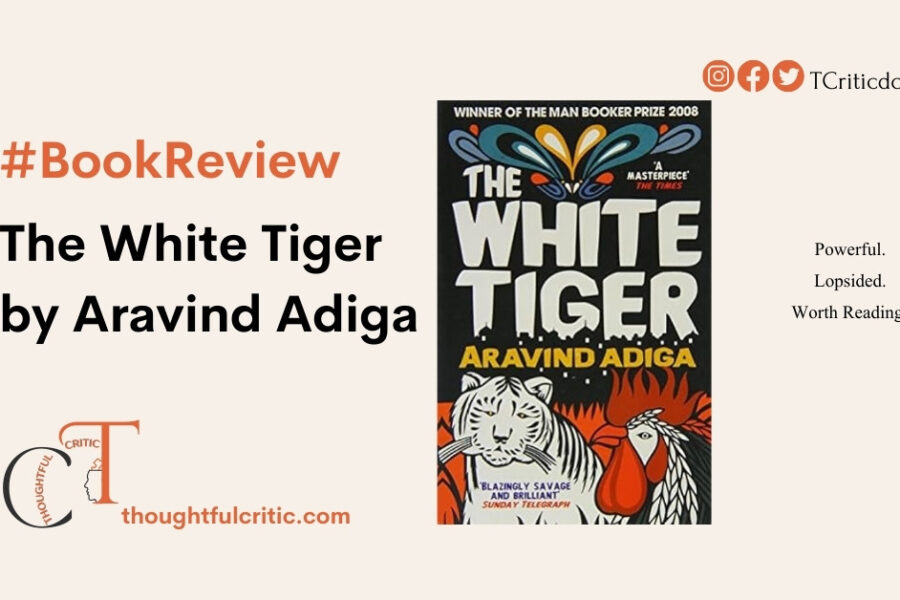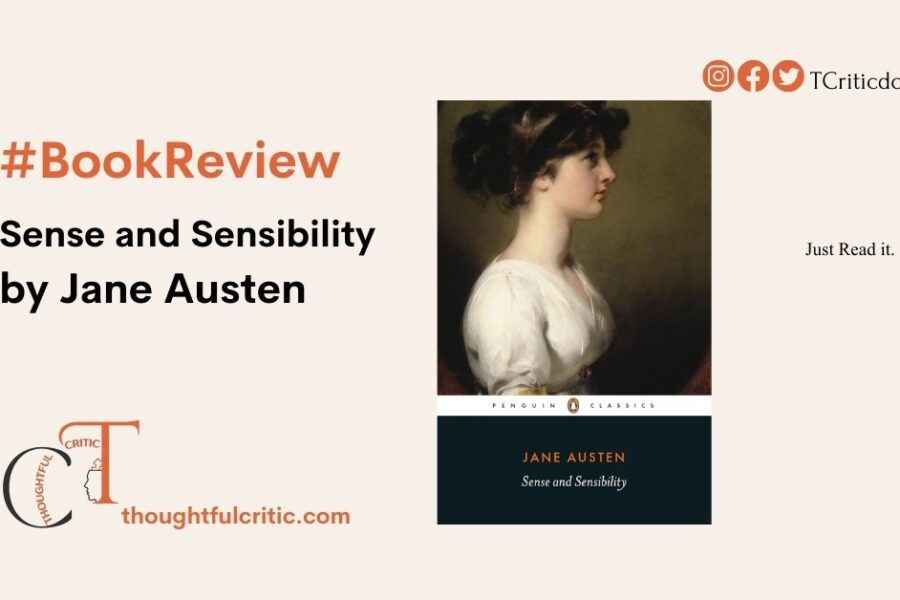Graham Greene’s The Quiet American (1955) is a masterful exploration of moral ambiguity, political idealism, and the corrosive effects of foreign intervention, set against the backdrop of the French-Indochina War. Through the lens of Thomas Fowler, a jaded British journalist, and Alden Pyle, the titular “quiet American” whose naïve idealism masks destructive consequences, Greene interrogates the collision of personal and political ethics. The novel’s enduring relevance lies in its unflinching critique of Western interventionism, its dissection of the human capacity for self-deception, and its haunting portrayal of love as both a refuge and a weapon. By weaving together themes of innocence versus experience, the complexities of love, and the perils of ideological absolutism, Greene crafts a narrative that is as philosophically rich as it is emotionally devastating.
Innocence and Naivete vs. Experience and Cynicism
The tension between innocence and experience forms the novel’s moral spine. The American aid worker Alden Pyle embodies a dangerous naivete cloaked in idealism. His belief in the “Third Force”—a theoretical political solution to Vietnam’s colonial struggle—reflects a Western obsession with imposing abstract ideologies onto complex realities. Greene critiques this worldview through Fowler’s sardonic observations:
“Innocence always calls mutely for protection when we would be so much wiser to guard ourselves against it: innocence is like a dumb leper who has lost his bell, wandering the world, meaning no harm.”
Pyle’s innocence is not benign; it is weaponized. His blind faith in American exceptionalism and his simplistic view of Vietnamese society—“These people aren’t complicated”—ignite a chain of violence, culminating in a bomb attack orchestrated by his Third Force allies. Greene underscores the paradox that Pyle’s “better motives” lead directly to catastrophe, exposing the hubris of those who believe they can reshape foreign cultures without understanding them.
Fowler, in contrast, represents weary pragmatism. A war correspondent who prides himself on detachment, he initially dismisses Pyle’s idealism as “the Oxford manner”—a mix of arrogance and ignorance. Yet Fowler’s cynicism is equally flawed. His refusal to “take sides” stems not from moral clarity but from emotional exhaustion, a point underscored by the Vietnamese communist Heng:
“Sooner or later, one has to take sides. If one is to remain human.”
Greene suggests that both innocence and cynicism are forms of evasion. Pyle’s idealism blinds him to the human cost of his actions, while Fowler’s detachment becomes complicity. Their dynamic mirrors the broader clash between colonial powers and post-war American interventionism, where both ideologies fail to grasp the lived realities of the Vietnamese people.
The Complexities of Love and Relationships
The love triangle between Fowler, Pyle, and Phuong, a young Vietnamese woman, is a microcosm of the novel’s political themes. Phuong often reduced to a symbol of Vietnam itself, becomes a battleground for competing masculinities and ideologies. Fowler’s relationship with her is transactional, rooted in dependency rather than passion:
“They love you in return for kindness, security, the presents you give them—they hate you for a blow or an injustice. They don’t know what it’s like—just walking into a room and loving a stranger.”
Fowler’s jaded view of love reflects his broader disillusionment with humanity. He clings to Phuong as a distraction from the war’s horrors, yet his possessiveness underscores Greene’s assertion that “the hurt is in the act of possession: we are too small in mind and body to possess another person without pride or to be possessed without humiliation.”
Pyle, meanwhile, romanticizes Phuong as an extension of his saviour complex. His desire to “protect” her mirrors his misguided attempts to “save” Vietnam through the Third Force. Greene dismantles this romantic idealism, revealing it as another form of colonialism—a desire to control and reshape others under the guise of benevolence. Thus, the relationships in the novel are marked by asymmetry: Phuong, like Vietnam, is silenced, her agency subsumed by the men who claim to love her.
Political Intrigue and the Dangers of Interventionism
Greene’s prescient critique of American foreign policy is central to the novel. Pyle’s belief in the Third Force—a proxy for Cold War-era nation-building—echoes the real-life disastrous policies that would later define the Vietnam War. Fowler’s dismissal of the domino theory—“If Indo-China goes… I know that record. Siam goes. Malaya goes. Indonesia goes. What does ‘go’ mean?”—reveals Greene’s scepticism toward geopolitical abstractions that ignore local contexts.
The novel’s most chilling metaphor for interventionism is the Diolacton powder Pyle distributes—a medical aid repurposed for bomb-making:
“You see what a drum of Diolacton can do in the wrong hands.”
This symbolises the unintended consequences of foreign aid co-opted for violence, a critique of America’s role in destabilizing regions under the banner of democracy. Pyle’s assertion that “America came in now with clean hands” is brutally ironized; his hands, like his government’s, are stained with blood.
Greene also lampoons the cultural ignorance underpinning interventionism. Pyle’s claim that “A man becomes trustworthy when you trust him” is dismissed by Fowler as a “Caodaist maxim”—a hollow platitude divorced from the complexities of Vietnamese society. The novel argues that trust cannot be imposed; it must be earned through mutual understanding, a lesson Pyle’s idealism refuses to learn.
The Nature of Responsibility and Guilt
The novel’s emotional core is Fowler’s journey from detachment to moral accountability. Initially, he hides behind his role as a journalist: “I had prided myself on detachment, on not belonging to this war.” Yet his complicity in Pyle’s death forces him to confront his capacity for violence:
“I was responsible for that voice crying in the dark… those wounds had been inflicted by me just as though I had used the sten.”
Fowler’s guilt is not merely personal but existential. By orchestrating Pyle’s assassination, he acknowledges the impossibility of neutrality in a world where inaction is itself a choice. Greene suggests that moral responsibility requires engagement, even when the consequences are fraught.
Pyle, conversely, remains tragically self-aware. His death is not a redemption but a reckoning—a symbol of the West’s inability to reconcile its ideals with its actions.
Detachment vs. Engagement
The novel’s climax hinges on Fowler’s transition from observer to participant. His admission that “I had become as engagé as Pyle, and it seemed to me that no decision would ever be simple again” marks Greene’s rejection of moral absolutism. Engagement, however messy, is framed as the only path to humanity. Yet Greene offers no easy answers. Fowler’s alliance with the communists is pragmatic, not ideological, underscoring the moral compromises inherent in survival.
Conclusion: A Mirror to Modernity
The Quiet American remains a searing indictment of the West’s moral and political myopia. Greene’s prose—spare, cynical, yet deeply humane—foregrounds the human cost of abstract ideologies. The novel’s tragic arc, from Pyle’s idealism to Fowler’s reluctant complicity, reflects Greene’s belief that “no human being will ever understand another,” a sentiment that resonates in an era of renewed geopolitical interventionism.
The Quiet American is a cautionary tale in an age where foreign policy remains plagued by the same naivete Greene condemned. It challenges readers to confront the uncomfortable truth that good intentions, untethered from empathy and understanding, can be as destructive as malice. As Fowler warns, “Innocence is a kind of insanity”—a madness the world can ill afford.
Get a copy from Amazon India – click here.
Review by Ashish for Thoughtful Critic
The Quiet American by Graham Greene, a critical book review
Summary
It is a masterpiece, classic and smoothly flowing prose, typically in Graham Greenesque style…




